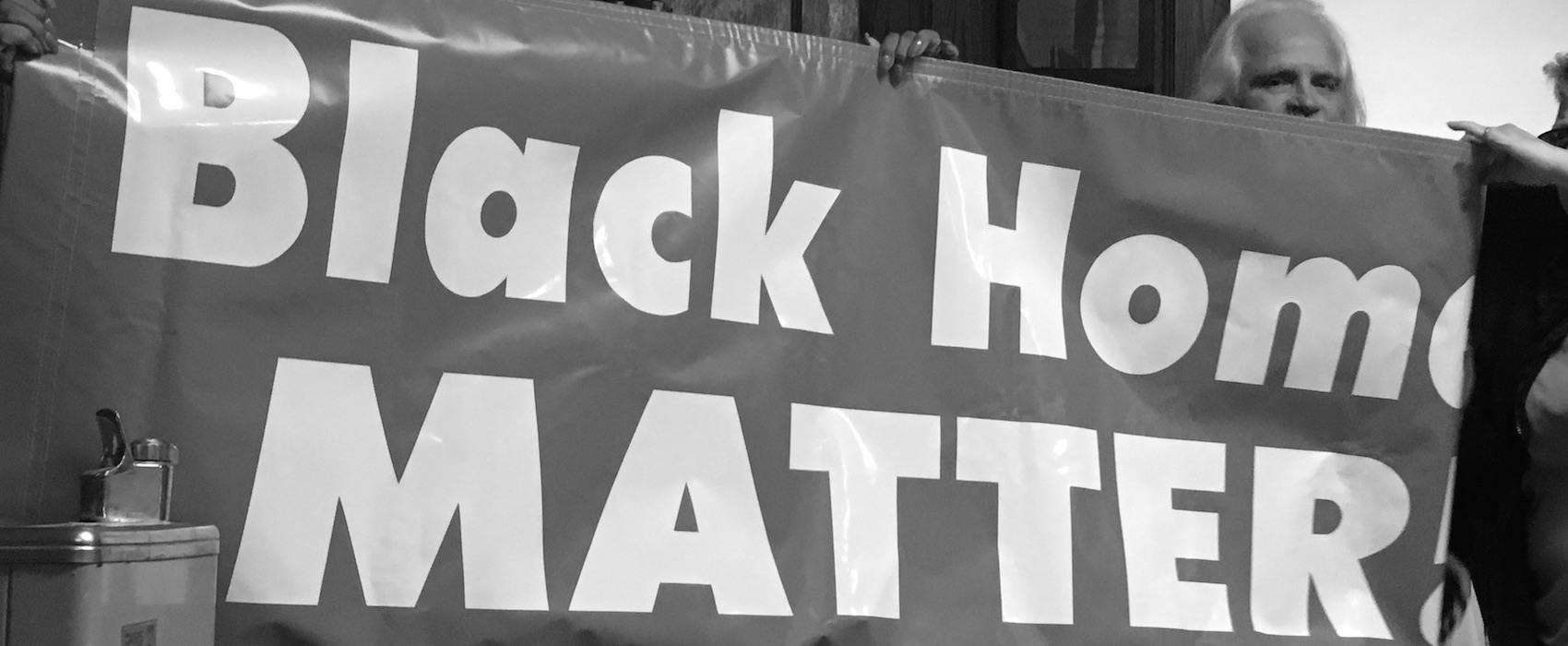Detroit is a tough city to be in as the abandoned and burnt out buildings, deserted roads and pathways created a landscape of devastation that somehow mirrored my own experienced and left me nowhere to run. Everywhere I looked I saw bleakness that resonated with my own.The empty streets we trudged through, the long roads almost devoid of cars at times, the endless roadworks, the sense that this was a place of total collapse, was hard to bear.
When we went visited the Institute of Arts and sat in Kresge Court or sipped lattes among the Saturday crowd in Astro, however, when we came across good restaurants along Michigan Avenue such as Slows, the Italian Ottar Via or Gold Cash Gold I didn’t know if I should trust the sense of relief that being there gave me. This search for a sense of place, of belonging, of being part of something that reflects your own taste or style, is it just a way to shore up your sense of wellbeing and ultimately, help you shut your eyes to the problems around you?
In a documentary I watched with Sam back at the hostel one night, some of the young artists involved in some of the many innovative projects in the city bemoaned the fact that the media has tended to focus on Detroit as a negative story and overlooked the positive things that are happening.
While her frustration might be justified, it doesn’t seem feasible that the difficult challenges that Detroit faces up ahead should be overlooked. Nor should the pain that is evident in this city be ignored. On the first night we went to a meeting of the Eviction Defence organisation and during dinner with one of the members, Diane, we heard about the suffering of people who are losing their homes through eviction. Diane put it well when she said that gentrification might do some good for the city, but it was important too to think about the people who had stayed there, ridden out the crisis, and at the same time, would middle class, wealthier people come in and exploit the situation, taking from poorer people rather than being prepared to help?
After one or two days, as if our eyes and psyches were gradually adjusting, my friend Sam and I began to see the good things that are growing up here – a small business here, a coffee shop we hadn’t noticed before on Michigan Avenue there. Then we were taken to one of Detroit’s many urban farms, to the Heidelberg Project and then the Eastern Market and later heard about businesses providing jobs for homeless people and helping them get off the street and into homes.
There are social businesses and art projects springing up, gallery spaces, new restaurants serving food supplied by urban farms opening. Someone who was staying at the hostel said that as he sees it, Detroit is definitely coming up, although it hasn’t tipped yet. But it’s a question I keep coming back to – how do we view these positive signs of flourishing in light of the catastrophe that has struck in Detroit?
Do we, for instance, celebrate every bit of flourishing we see for its own sake, or does a city like Detroit, which so totally represented the American Dream, require something more foundational, an entirely different approach to renewal?
John Gallagher, a journalist from the Detroit Free Press who I met after picking up his book Revolution Detroit while in Kresge Court, said that the American Dream had been built on the exploitation of others.
There are lots of campaign groups taking on problems such as evictions and businesses and foundations working with the homeless, or providing jobs for the unemployed. Peg Tallet of the Women’s Foundation told me over lunch about a project called Enough SAID which is raising funds in order to process over 11,000 rape test kits which were found stored in a warehouse in the city. She also told me about a girl who participated in their leadership programme who asked her about the way she dressed, what clothes she wore at home and at work before telling her that no one in her family worked. There is also a scheme to help 100 “unbankable” women set up businesses in Detroit.
But could the people of Detroit go deeper, not just ameliorate the effects of the fallout from capitalism, but model something new, something that shifted the power away from the white population and towards the 85 per cent black population? Could they challenge the power structures that exist between men and women in this former industrial city? AJ O’Neill of Detroit Bold talked in terms of making sure that as Detroit is turning around,no one gets left behind. His plan is to donate half the proceeds of a million bags of coffee to setting up community cafes across the city, thus creating community spaces where people can thrive. He particularly wants the project be of benefit to black communities that he believes got a bad deal in Detroit.
It’s not easy to do Detroit justice – focus too much on the negative and you miss the uniqueness of all that is flourishing but by the same token, it wouldn’t be giving the whole picture if we only focus on what is emerging, on all the good things that are happening in the city. Of course they need to be given space and allowed to flourish, but somehow, the good and the bad of the city need somehow to coexist and form connections and conversations. If that were to happen, could a city like Detroit deliver social justice?

Leave a Reply
You must be logged in to post a comment.